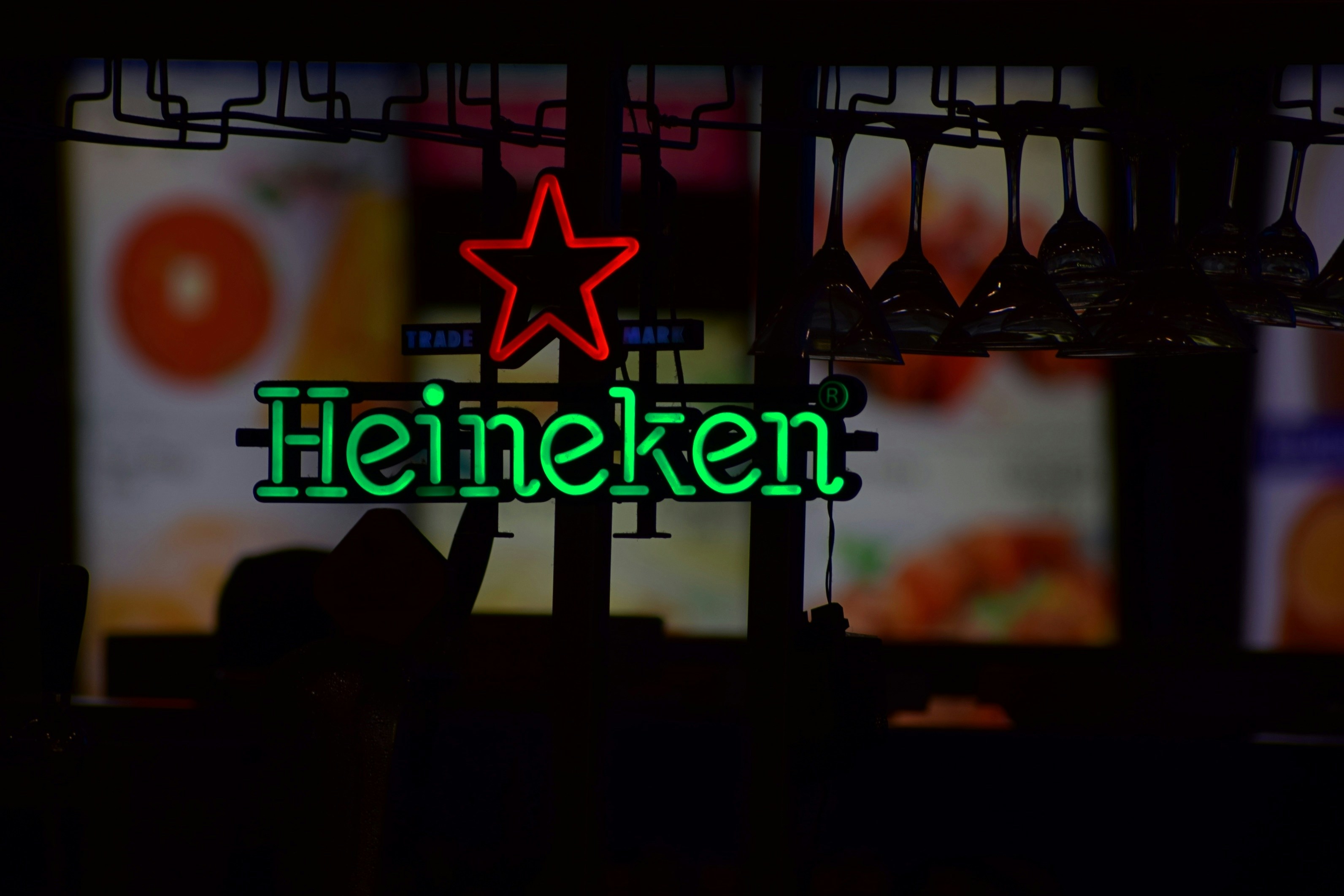Heineken Sees Significant Growth in Murphy's Brand Performance

Ongoing Economic Volatility: A Brewing Giant's Concern Over Global Tariffs
In recent times, major corporations have been grappling with the economic ripple effects caused by global trade policies. Among these corporations, a renowned brewing giant has voiced significant concerns over the continued volatility in the global market, attributed primarily to the uncertainties surrounding international tariffs. This article delves into the brewing company's apprehensions, the broader implications on the industry, and potential strategies businesses might adopt to mitigate such risks.
Brewing Giant's Concerns
The brewing company, renowned for its global presence and expansive product portfolio, has highlighted the unpredictable nature of international tariffs as a critical factor contributing to market volatility. These tariffs, often imposed as part of broader trade disputes, can lead to abrupt price fluctuations in raw materials and finished goods. For the brewing industry, which relies heavily on imported ingredients and materials, such inconsistencies can significantly impact production costs and, consequently, profitability.
Tariffs and Their Impact on Costs
Tariffs are essentially taxes levied on imported goods, and when countries impose new tariffs or adjust existing ones, it can cause immediate disruptions in supply chains. For a brewing giant, this means potential increases in the cost of essential ingredients such as barley, hops, and packaging materials. Additionally, tariffs can affect the cost of exporting finished products, making them less competitive in foreign markets.
Uncertainty in Global Trade Policies
One of the core issues is the unpredictability of global trade policies. Political shifts, economic negotiations, and diplomatic tensions can all lead to sudden changes in tariff regulations. For businesses, this means operating in an environment where long-term planning becomes challenging. The brewing company has emphasized that such uncertainty makes it difficult to forecast future expenses or revenues accurately, thereby affecting strategic decision-making.
Industry-Wide Implications
The concerns raised by the brewing giant are not isolated to their operations alone. The entire brewing and beverage industry is potentially at risk due to these tariff-related uncertainties.
Supply Chain Disruptions
With tariffs affecting the cost and availability of raw materials, supply chains become more vulnerable to disruptions. Companies may face delays, scarcity of essential goods, or increased costs, all of which can hinder production schedules and affect market supply.
Competitive Disadvantages
In a globalized market, competitive pricing is crucial. Tariffs can lead to increased production costs, which may force companies to raise prices. This can be detrimental in competitive markets where price sensitivity is high, potentially leading to a loss in market share.
Strategic Responses to Economic Volatility
Given the ongoing volatility in the global market, businesses, including the brewing giant, are exploring various strategies to mitigate risks associated with tariffs.
Diversification of Supply Sources
One effective strategy is diversifying the sources of raw materials and ingredients. By reducing reliance on any single market, companies can better navigate tariff impositions and ensure a steady supply of necessary goods.
Hedging and Financial Instruments
Financial instruments like hedging can offer protection against price fluctuations. By locking in prices for future purchases, businesses can shield themselves from unexpected cost hikes due to tariff changes.
Localizing Production
Some companies consider localizing production as a means to sidestep import tariffs. By establishing facilities closer to key markets, they can reduce dependency on imported goods and protect themselves against international trade uncertainties.
Conclusion
The brewing giant's warnings about the volatility caused by global tariffs underscore a pressing issue in today's interconnected economy. As tariffs continue to be used as tools in international trade negotiations, businesses must remain vigilant and adaptable. By employing strategic measures such as diversifying supply chains and leveraging financial instruments, companies can better navigate these uncertainties and sustain their competitive edge in the ever-evolving global market.
